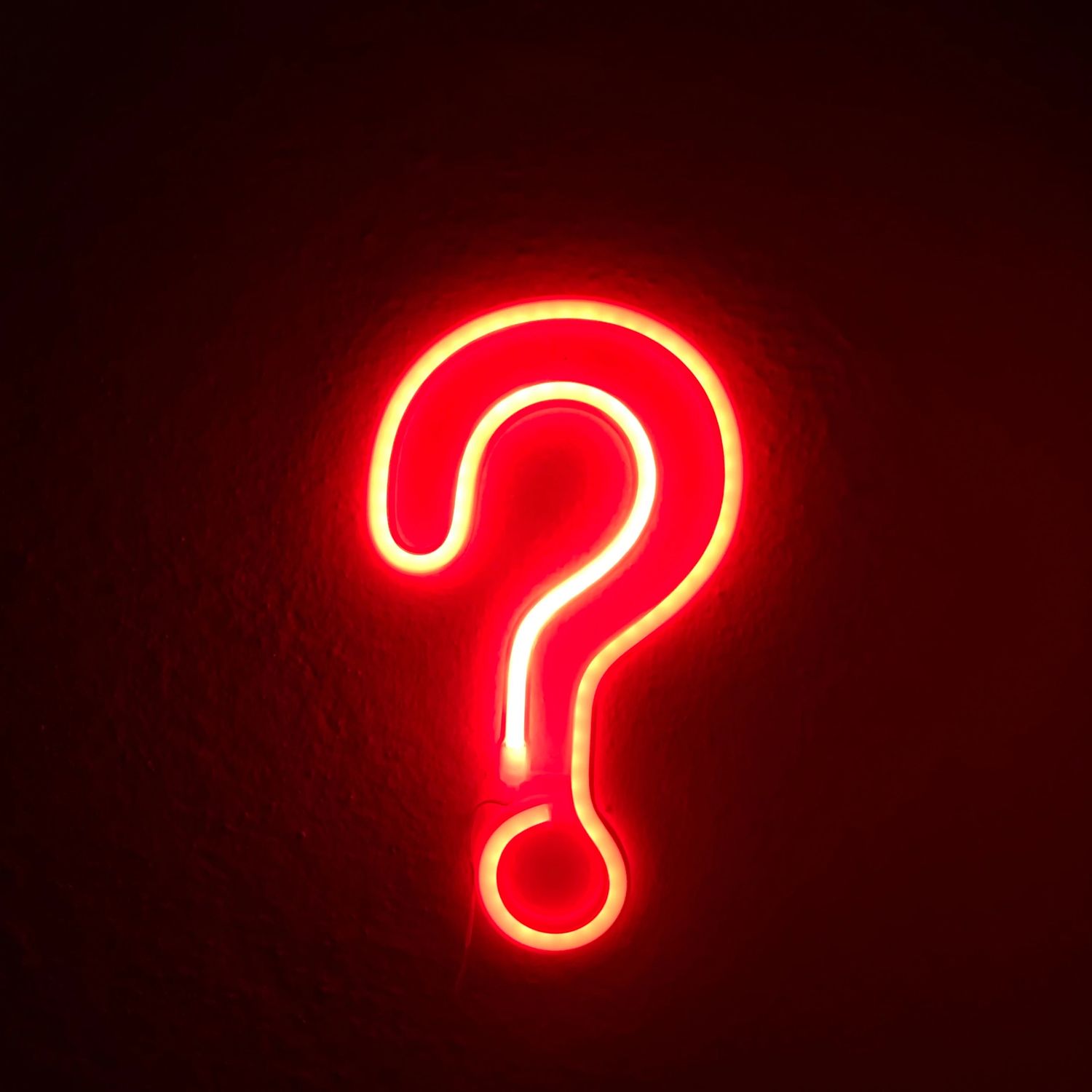Part 2: Cult or cure?
There is often debate that there is a leader of AA. Having a leader or hierarchy in the programme would be a characteristic of a cult. In fact, in the early days, Bill Wilson one of the charismatic founders of AA and author of the ‘Big Book’ was very conscious and very uncomfortable with the notion that he was being placed on a pedestal as a ‘Leader’ figure. It was one of the primary reasons why himself and other early members fought hard to establish the Twelve Traditions, to remove himself from this perceived leader status. AA meetings and the guidance in the Twelve Traditions, strongly encourage each group to be egoless, have no-one who governs, but there will be ‘elders’ who may help to lead the group but they will still be ‘equals’ in that they are in recovery themselves
According to Alcohol Rehab Guide: ‘AA is not run by a leadership team, but rather, by members who are former alcoholics with a desire to help others. This organizational structure has been tremendously successful for AA and its more than two million members.’
AA was founded by Bill Wilson and Doctor Bob. They put together the Big Book in 1939, which is what the programme refers to as the answer to addiction recovery.
The Big Book is often at the centre of some controversy. Is it like a new Bible? Or is it just a guideline to navigate life without alcohol or drugs?
In 1963, Harpers published an article by Dr. Arthur H. Cain. In it, he claimed AA had become “a cult that many men and women reverently call ‘the greatest movement since the birth of Christianity’” and asserted that the group had “become a dogmatic cult whose chapters too often turn sobriety into slavery to AA.”
However, for some active members of AA it is clear that the Big Book is a trusted guide for moving through life without using substances. By following the principles which the Big Book provides it is there as a tool to help and support those who need it.
Individuals in AA are encouraged to practise and work the 12-step programme every day and integrate it into their daily life. By taking part in each step, it provides the individual with what they need to deal with their addiction.
There is also often debate around the surrendering of all personal power. It could be perceived that AA asks its members to accept themselves as powerless and weak. This could be viewed as ‘cult like’ due to individuals giving up their personal power, however, many AA members feel relief and empowerment after they admit they are powerless over their addiction. It actually requires a strength of character and courage to finally be honest in admitting they need help. This becomes a vital step in being successful in recovery.

If you have ever read any of Alcoholics Anonymous 12-steps you may be under the impression that you have to believe in God to follow the programme or to be able to apply the steps yourself. This isn’t true and is a common misconception. The wording in AA can be viewed as religious or spiritual but it is up to the individual how they interpret this concept. There are many non-religious people who are successfully following the programme and gaining its benefits. In fact, in the guidance for running every AA meet, the following words should be included as part of the meeting welcome, “you will hear talk of God – but it is a spiritual programme, not a religious one – it is the God of your understanding.
The original 12-steps of AA definitely referred to God but, as the group grew and more and more people started to join, it became apparent that it was not necessary to believe in a religious God for the 12-steps to work. It is, therefore, important to understand that everyone is welcome at AA and not just those who believe in God.
‘Higher power’ is often the phrasing that so many people refer to when linking AA to a religion or a cult.
Step two says, “Came to believe that a Power greater than ourselves could restore us to sanity” and step three specifically mentions God “Made a decision to turn our will and lives over to the care of God as we understood Him.”
Therefore, it is not unreasonable to think that you have to have belief In God to be a part of AA. Nevertheless, the concept of a ‘higher power’ doesn’t have to relate to God. Those individuals who attend AA meetings and follow the 12-steps should be looking at the idea of ‘higher power’ as a place where they are able to garner strength from something other than themselves in order to heal.
In some cases, people choose to interpret the higher power as a sponsor, counsellor or therapist. It is a thing which is helping them to get better and be able to change their destructive behaviour pattern. This could even be family members or friends and often the new friends they have found from the AA fellowship. It could be the beauty of nature or an unknown force. All of these could work for some individuals – it is a personal growth journey to sobriety and the ‘higher power’ is something which drives the person to succeed by providing support, love and wisdom. It provides encouragement, especially in the early days and weeks of recovery, that they are not just doing this on their own.
AA themselves say ‘there is room in AA for people of all shades of belief and non-belief.’
Gary a member of Al-Anon, said: “often those suffering from addiction who may not be ready to fully commit to the programme, will try to justify why they don’t need AA in their recovery and provide misleading information about AA to family members trying to help them. I have experience with my son who in the past described AA meetings in a negative light. This story is used to manipulate and often used as one of the excuses as to why they can’t get sober.”
Gary also said “in trying to find out how best to help your loved one suffering from alcoholism, I strongly believe it’s important to try and educate yourself on what they are struggling with. To do that I have read most of the AA Big Book and a good deal of Al-Anon information too and was really surprised how profound and well written the guidance on the twelve steps is. It is also in its 4th edition, being updated over the years. I have also attended several AA meets online as a guest, to really understand what goes on. On a first pass or casual read, it’s easy to see how some people may believe that the AA could be considered ‘cult like’ because of the terms ‘God’ and ‘higher power’ used in the text. But even from the first edition, they were wise enough to add the term “…. God, as we understood him”. So, when you take the time to research and look into what these terms actually stand for – it isn’t cult like at all, in allowing people of ALL beliefs, religious or not, to be comfortable using the 12 steps for recovery and attending meeting completely voluntarily”
He continued to go on to say that “when you look at the history of AA and the fact that on top of the 12 steps, they added a set of 12 traditions to provide guidance for the running of AA groups, it is these suggested attitudes and principles for running each group, in my opinion, completely diffuse any view that AA is cult like. Examples are Tradition 2 “…. Our leaders are but trusted servants; they do not govern”, tradition 4 “Each group should be autonomous ….”, tradition 10 “Alcoholics Anonymous has no opinion on outside issues…”
Finally, Gary adds “As well as this, I have personal experience watching someone follow the 12-steps successfully. Some people may say that AA doesn’t cure addiction and this would be right. However, as with many other diseases they cannot be magically cured but you can recover from lots of problems of that disease through following the doctor’s advice and guidelines. In exactly the same way with the disease of alcoholism, acceptance that following the 12-steps is the best guidance and one of the most successful ways to assure long term recovery, provides great relief and hope of coping with it”
“Evidence shows that while following the routine it allows you to live a happy life. It is your own mindset.”
Lester Director of East Coast Recovery said: “Developing a routine of the 12-step program allows for individuals to open and change their minds to be successful in recovery.”
He continues on to explain that people need to have a power greater than self (Higher Power) otherwise the daily practice won’t allow them to break the addictive patterns set by their ego (self defence mechanism). Developing new neural recovery orientated pathways is paramount to successful recovery.
He said, “people are disconnected from their higher self which is why they cannot manage their lives and overcome addiction.” (AA calls it powerless, the overall problem).
Lester being in recovery himself said that “most things are better than being in the depths of addiction. There is no magic cure but AA simply has a time proven way that works.”
He accepts that some people may view AA as a cult because of certain aspects. For example, peer pressure in the meetings and the strong views of some members! (No one can talk on behalf of AA)
He explains that you may not always feel that you can just say what you honestly believe in some meetings. There might be some pressure to conform from peers “but that’s more to do with groups of people than AA and it’s governing traditions.”
Again, some may argue that people suffering from addiction should be treated with other medication. Lester believes that mind altering drugs and medication from doctors or dealers can alter a person’s mind, making it impossible for some people to achieve a stable recovery.
Lester explained that he is not against the use of medication he said: "it just sometimes seems to be handed out in a mindless fashion. Abstinence is not for everyone, but it is the missing piece of the puzzle for many who will never get their chance, due to being encouraged and supported in medication dependency. AA and the 12-steps help millions globally to achieve a higher quality of life higher than they could ever have hoped for! Most will give credit to their Higher Power! (Powerful the solution to the problem! Empowered)"
“AA give’s hope and understanding of the addiction problem to many millions of sufferers and their families across the world. There are millions of people attending AA meetings, many struggling with their addiction. Some remaining abstinent for multiple years, even lifetimes. Imagine for a moment all that extra death and destruction in the world right now if AA didn’t exist.”
"In my opinion I would say if AA was a cult (which it isn’t) it would still be better to be a part of it than living in active addiction!"

Ultimately, AA’s members are not forced to attend meetings, they are free to leave at any time and the programme of recovery is simply a list of suggestions which while many do choose to follow, also many chose to go their own way about it. The majority of members are quite happy to fit the culture of AA into their normal life and belief systems.
It is a programme which is very often misunderstood.
What do you think?
